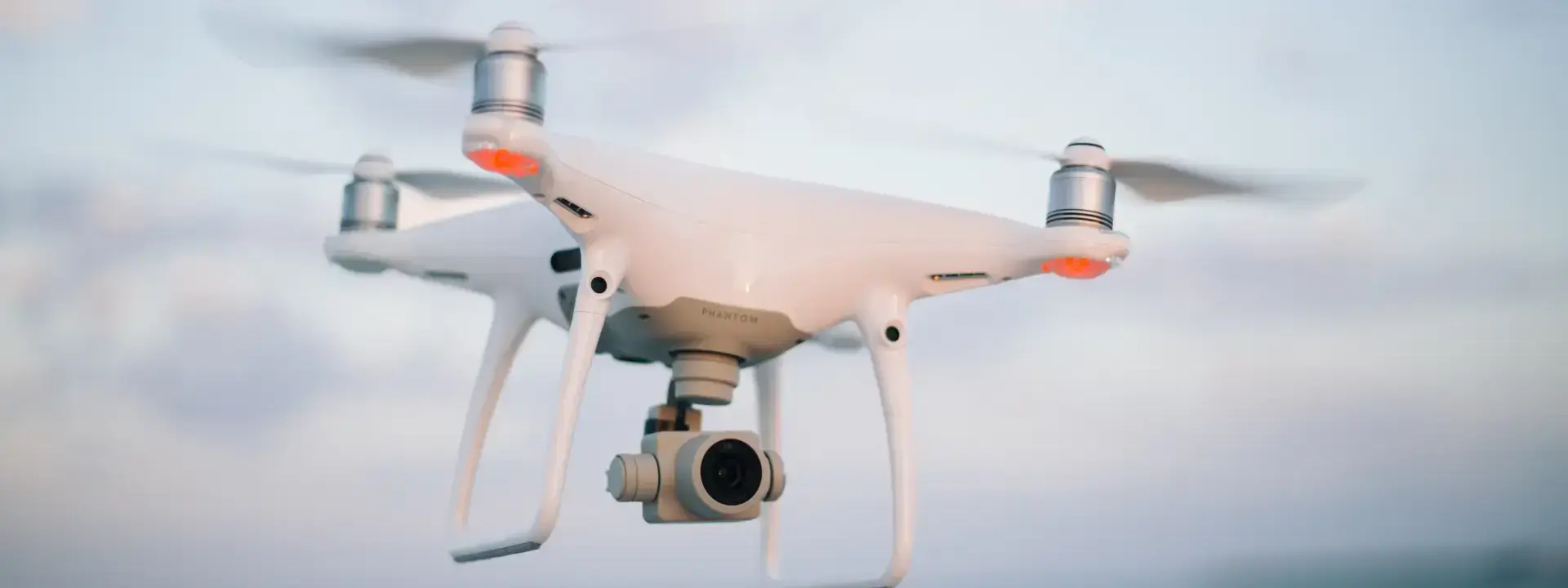
Drone Operator Job Description
What is a Drone Operator Professional?
A drone operator is an individual who remotely pilot a drone, or unmanned aerial vehicle (UAV). The operator is responsible for the safety and operation of the drone, as well as any payload it may be carrying. Drone operators typically work in pairs, with one flying the drone while the other acts as observer and communicates with air traffic control. Drones are increasingly being used in a variety of industries including photography, surveying, mapping, search and rescue, and delivery. As such, drone operators must have a good understanding of both the aircraft they are flying and the specific industry they are operating in. For example, photographers will need to know how to take advantage of a drones unique camera angles and capabilities,while someone working in search and rescue will need to understand how to fly their drone in different weather conditions and terrain.
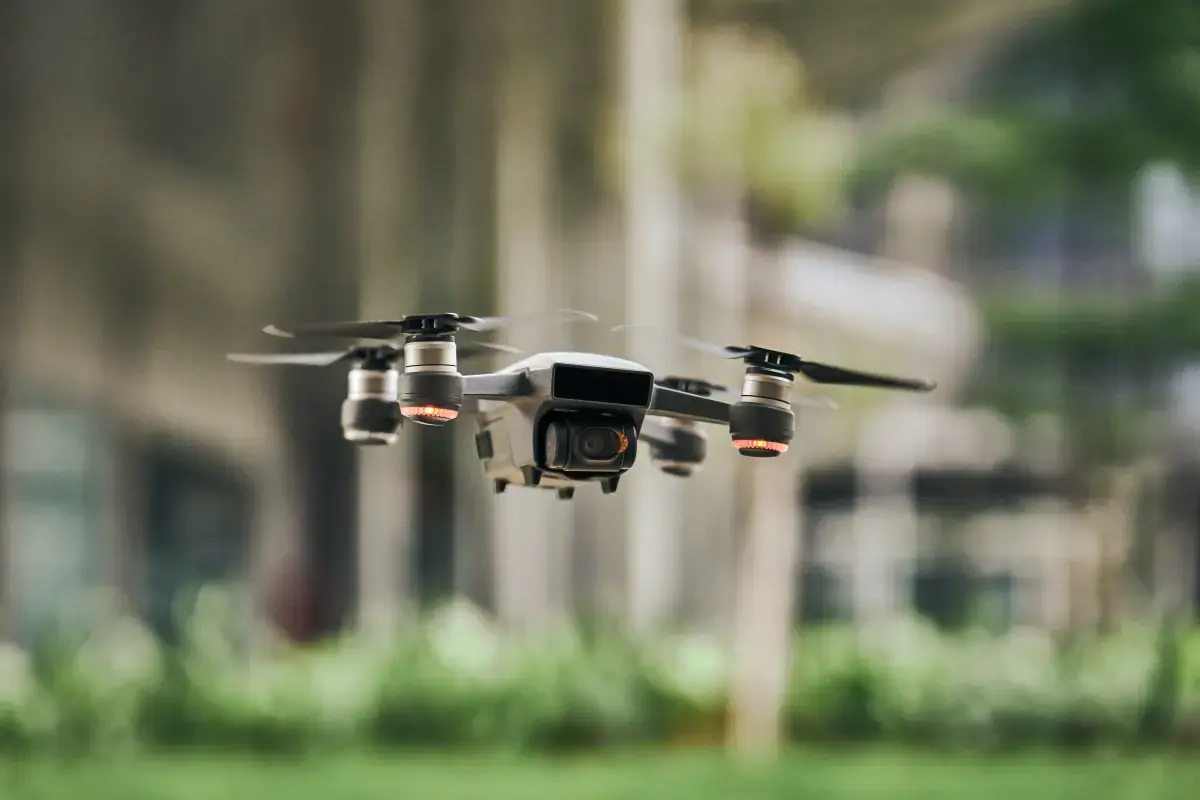
What does a Drone Operator Expert do?
The job of a drone operator can be both exciting and challenging. It requires a high level of skill and concentration, as well as quick reflexes. Operators must also be able to think strategically about where to position their drones for maximum effect.
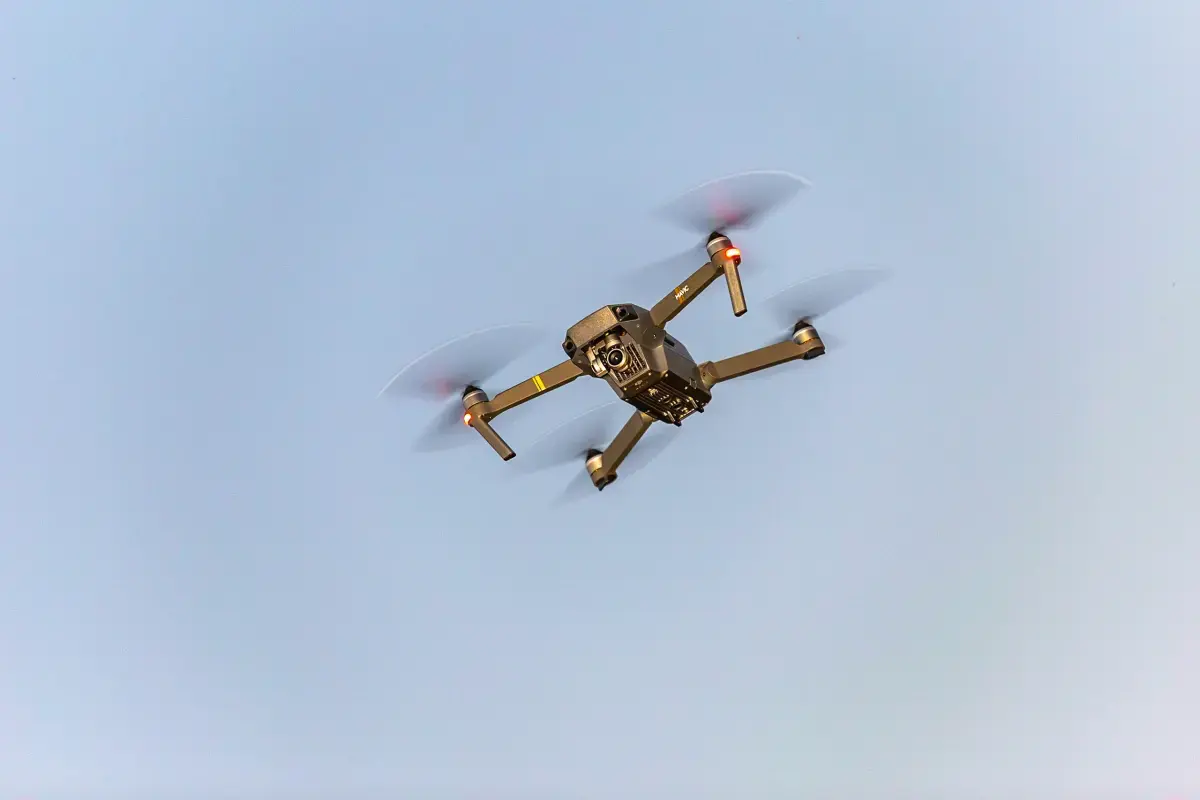
What are the Skills of a Drone Operator?
Most people think of a drone operator as someone who is simply good at flying a remote-controlled aircraft. However, there is much more to being a successful drone operator than just being able to pilot the vehicle. There are several key skills and attributes that separate the best drone operators from the rest. The first skill that all great drone operators must have is superb hand-eye coordination. This is important because they need to be able to control the plane while also keeping track of their surroundings. Not only do they need to worry about successfully maneuvering the plane, but they also need to avoid obstacles and other aircraft. In addition to hand-eye coordination, excellent spatial awareness is another vital skill for any drone operator. This refers to their ability to understand and keep track of three-dimensional space. This is important because it allows them to quickly and accurately assess their surroundings, which helps them avoid collisions.
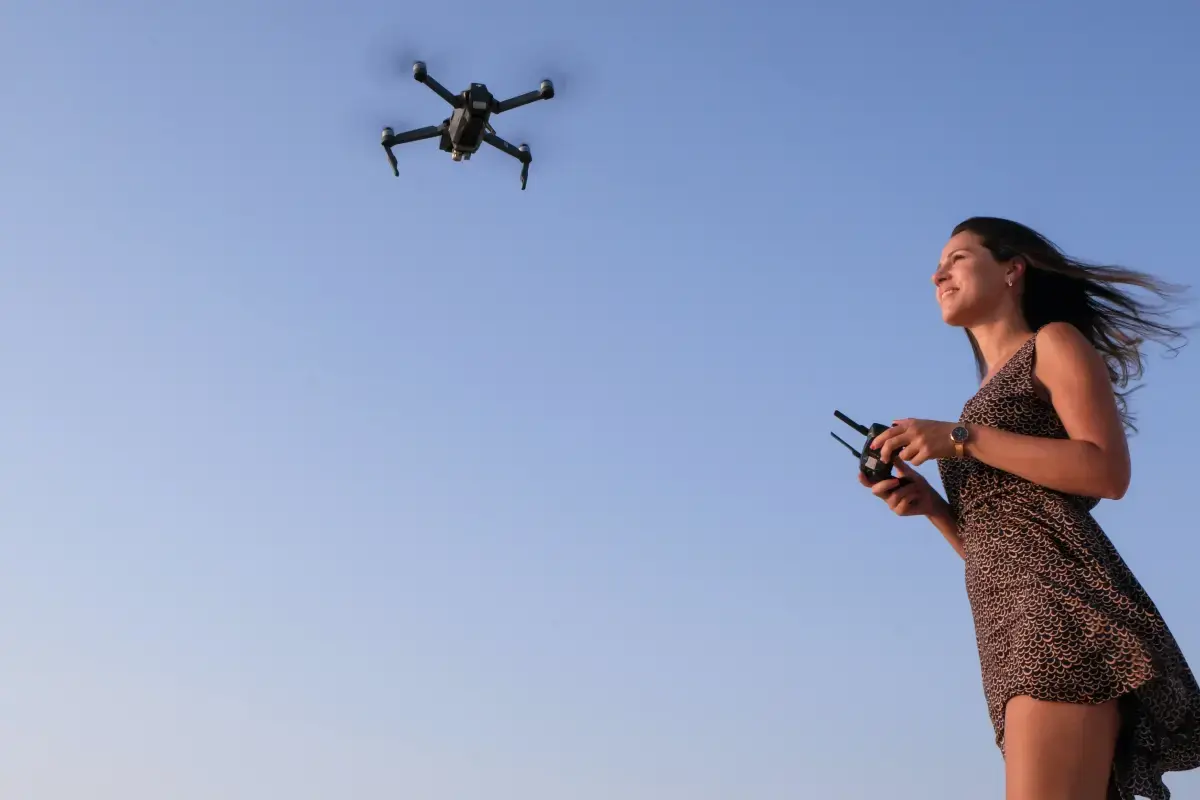
What makes an Expert Drone Operator?
Another important attribute of successful drone operators is patience. Due to the nature of flying a remote-controlled aircraft, things rarely go according to plan. There will be times when the plane does not respond correctly or veers off course unexpectedly. In these moments, it is critical that the operator remains calm and patient in order to troubleshoot the problem and get back on track. Finally, successful drone operators always maintain clear communication with those around them. They understand that even though they are alone in the cockpit, there are still other people who are affected by their actions. For example, if they are operating in an area with others nearby, they will make sure to announce their intentions over loudspeaker so that everyone knows what they are doing and can stay out of harm’s way
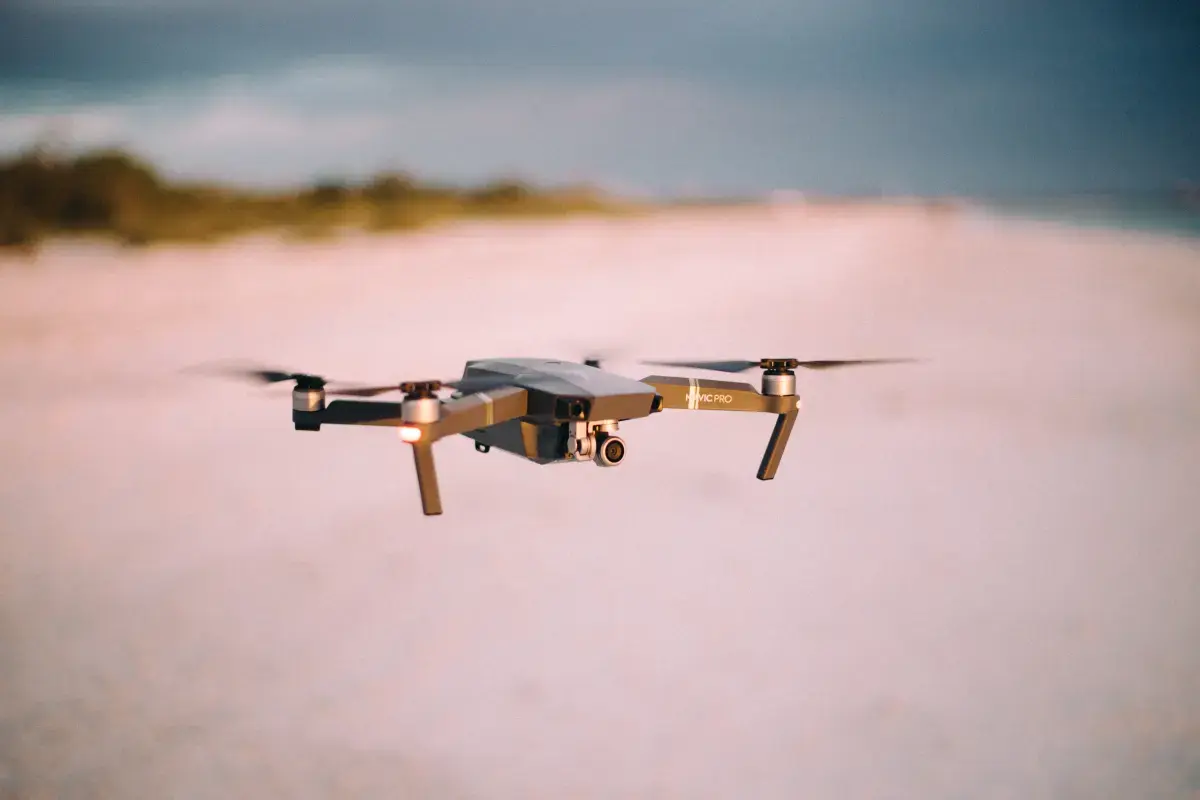
What level of Experience & Qualifications are required to be a Drone Operator?
Industry experience: It is important for drone operators to have prior work or educational experience in the related field, such as photography, aviation technology, engineering or robotics. Operators should also understand relevant local regulations and be able to accurately interpret aerial imagery data collected by their drones. 2. Training: Drone operators must receive adequate training on how to safely operate a drone and navigate its flight path while adhering to all applicable laws and regulations set forth by the Federal Aviation Administration (FAA). This may include taking an FAA-approved course on unmanned aircraft systems (UAS) operations or completing a safety certification program offered through an authorized provider of UAS services like Unmanned Aircraft Systems International Association (UASIA). Additionally, some states require additional certifications that must be obtained before operating within those jurisdictions. 3. Qualifications: Companies often look for specific qualifications when hiring experienced drone pilots including commercial pilot licenses issued by the FAA; knowledge of radio communication procedures; proficiency with remote sensing software applications; familiarity with airspace restrictions imposed by airports and other entities; understanding of various types of sensors used on drones including infrared cameras, GPS receivers etc.; ability to work independently without direct supervision; strong problem solving skills coupled with critical thinking abilities etc.. 4. Education: A minimum level education requirement which varies depending upon employer’s expectations but typically includes at least high school diploma/GED equivalent plus specialized postsecondary degree programs related specifically towards UAV operation are preferred although not always necessary if sufficient industry experience can demonstrate competency levels required for position being filled .
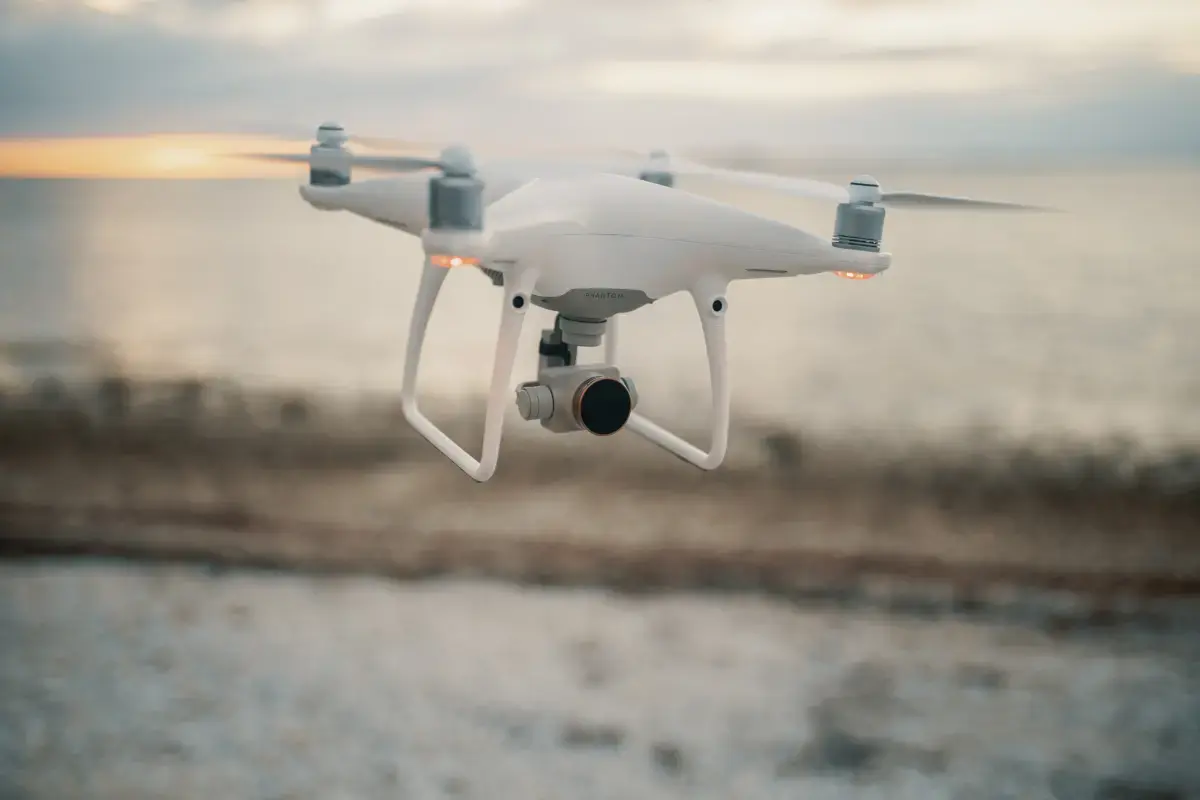
What is the Salary of a Drone Operator?
The salary expectations of a drone operator vary depending on the individual’s experience, qualifications and skill set. For junior level positions, salaries typically start around $30K to $50K per year. These entry-level jobs involve flying drones for commercial purposes such as aerial photography or surveying land; operating unmanned aircraft systems (UAS); programming flight paths; inspecting infrastructure sites; and gathering data from sensors mounted on the drone. Furthermore, these roles may require basic knowledge of aviation regulations and safety protocols associated with UAV operations in order to ensure compliance during flights. At mid-level positions, pay can range from $60K to 80K per year based on additional certifications gained through training programs or work experience in related fields like engineering or information technology. Mid-level operators are expected to have an understanding of more advanced navigation techniques including GPS mapping software applications as well as knowledge about payload selection and integration into various platforms for different mission objectives that might be required by employers ranging from agriculture companies all the way up top defense contractors conducting military surveillance operations. Finally at senior level positions salaries can reach close to six figures ($90k-$120k) depending on industry demand plus additional responsibilities taken outside regular job duties such as teaching classes at educational institutions/organizations or mentoring new hires within their organization while continuing high levels performance leading multiple projects concurrently while meeting deadlines efficiently according customer requirements.. Senior Drone Operators must possess strong problem solving skills along with being able understand complex technical concepts quickly so theyre able troubleshoot any issues that arise during missions . In addition , due to the recent surge in popularity of the unmanned vehicle industry , many organizations are also seeking out individuals who have leadership capabilities to oversee teams pilots / engineers providing guidance when necessary ensuring everything runs smoothly without glitches .
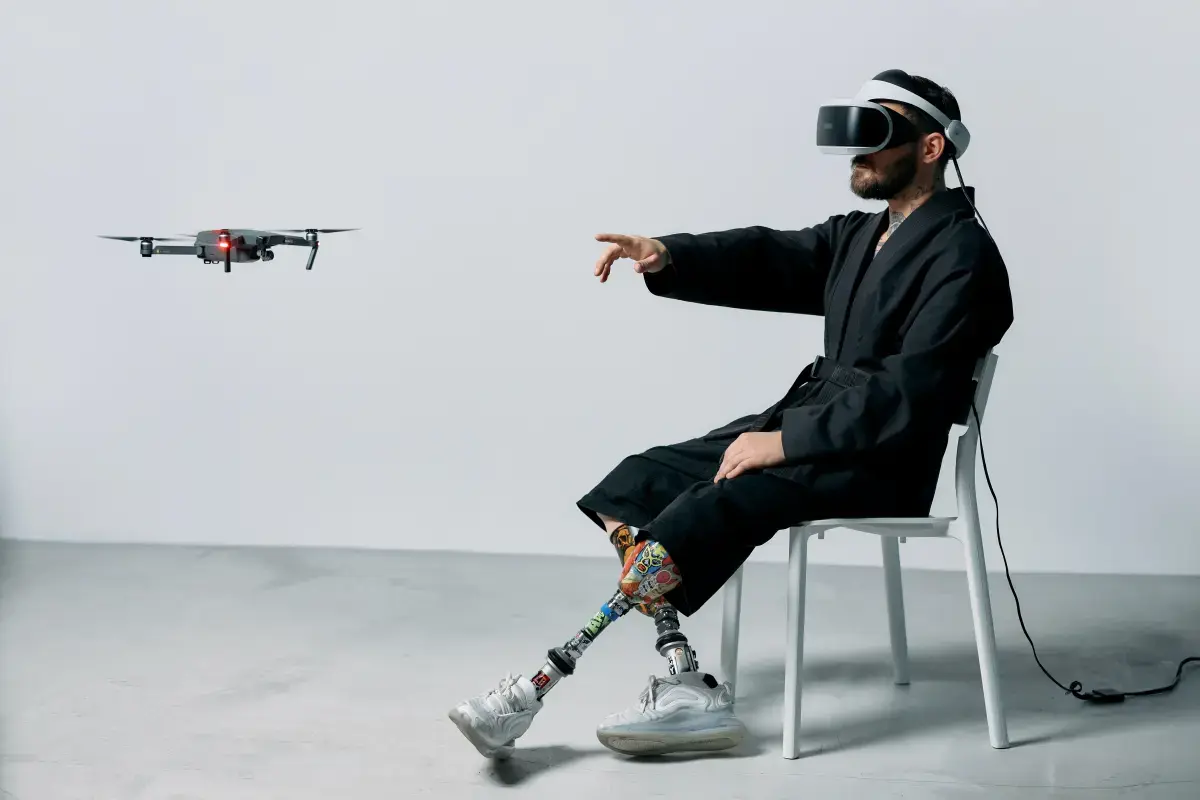
What are the Working Conditions for a Drone Operator?
Working conditions for a drone operator vary depending on the type of job they are doing. Generally, drone operators must be comfortable working in an office or outdoors and may need to travel frequently. They should have good communication skills and technical knowledge about drones, as well as excellent problem-solving abilities. Drone operators also need to be able to work long hours with minimal supervision if necessary. When it comes to physical safety considerations, most jobs require that drone operators wear protective gear when flying their aircraft such as eye protection or earplugs due to noise levels from the motors/propellers. Additionally, many positions might require them to climb ladders and other structures while operating their drones which can present some risks of falls or injuries from contact with sharp objects like tree branches etc.. Finally, since they will likely be using electronic equipment there could always exist potential dangers associated with electric shock so proper caution is required in this regard too.
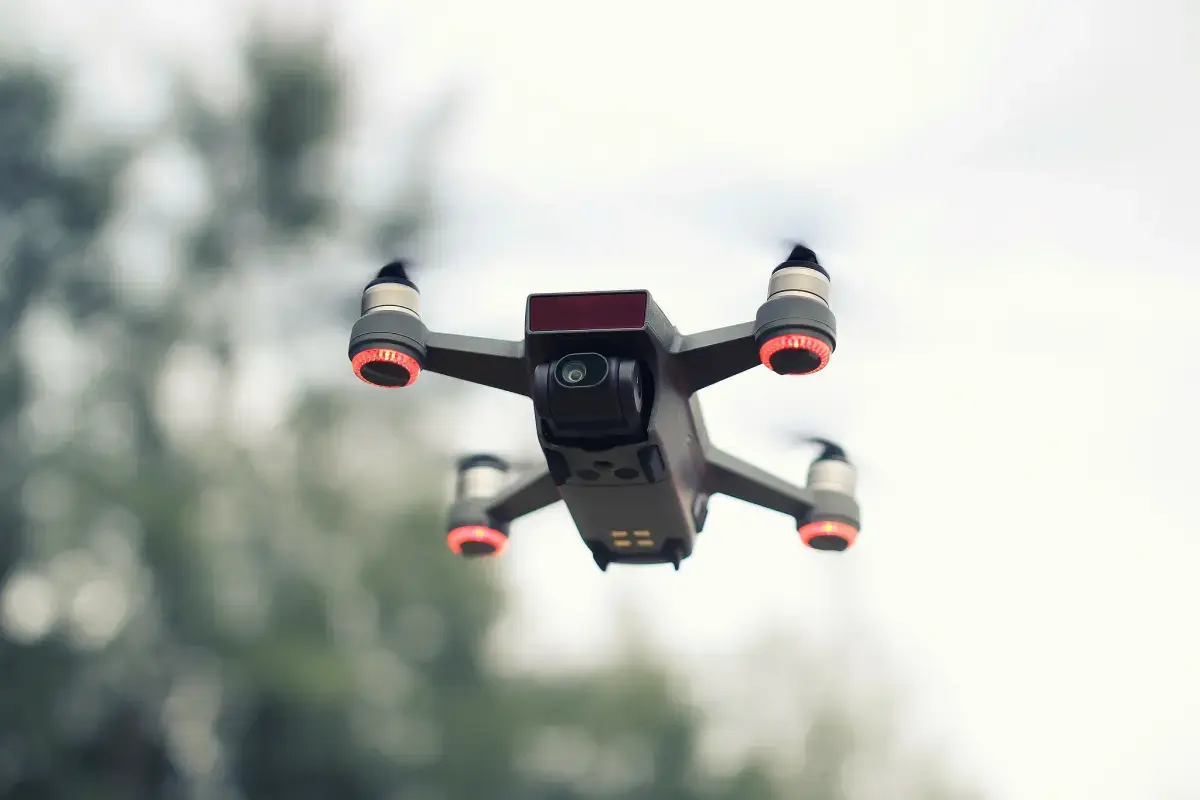
What are the roles and responsibilities of a Drone Operator?
Ensuring that the drone is in good working condition before each use
Inspecting the drone for any damage or potential problems prior to each use
Checking all batteries and power sources to ensure they are fully charged or have enough power for the planned flight
Carefully reviewing the planned flight route and making sure there are no potential hazards along the way
Flying the drone in a safe and responsible manner at all times, obeying all local laws and regulations regarding drones
Monitoring the drones position and altitude at all times during flight using its on-board GPS system or another tracking method
avoiding flying near other aircraft, people, buildings, or other objects that could pose a collision hazard to the drone
Maintaining communication with air traffic control (ATC) if flying in controlled airspace near an airport or other facility where ATC oversight is present
Following all local, state, and federal laws and regulations regarding the operation of drones
Keeping the drone within visual line-of-sight (VLOS) at all times
Yielding right of way to other aircraft
Avoiding manned aircraft, especially near airports
Flying only during daylight hours and in good weather conditions
Refraining from flying under the influence of drugs or alcohol
Operating the drone within the approved weight and size limits set by the manufacturer
Inspecting the drone before each flight to ensure that it is in good working condition
Checking for any Temporary Flight Restrictions (TFRs) or Notices to Airmen (NOTAMs) that may be in effect prior to taking off
Knowing how to operate all of the drone’s controls perfectly so as not to crash it or lose control of it while in flight
Doing a pre-flight check to ensure that everything is functioning properly and that there are no potential hazards
Monitoring the battery life carefully and making sure to land before it runs out
Ensure compliance with all FAA regulations
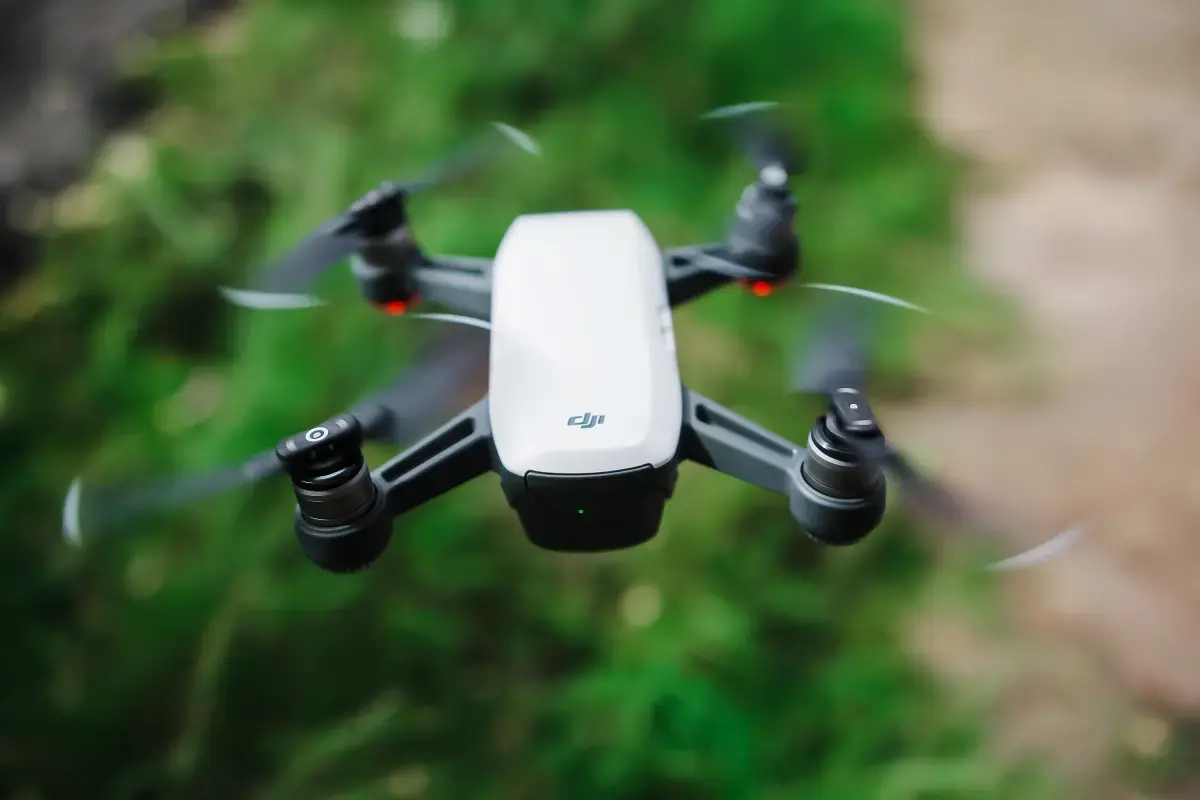
Where can I find Drone Operator jobs?
- Create a profile on gigexchange and promote your Drone Operator skills to advertise you are Open to New Work Opportunities
- Ensure your Resume (or CV), or online work profile is up to date and represents your skills and experience. Ensure your reputation reflects your ability & attitude.
- Apply for Drone Operator Jobs advertised on gigexchange.
- Practise Drone Operator interview techniques to ensure you represent your personality and ability succinctly and confidently.
- Accept the job offer if the salary meets your expectations and the employer mission and purpose reflects your core values.
Jobs
What are the best job boards for Drone Controller jobs?

How can I hire Drone Operator staff online for my business?
The best job board for recruiting Drone Operator experts is gigexchange.com. Advertise full-time, part-time or contract jobs to find, hire & recruit trusted, experienced and talented Drone Operator candidates near you.
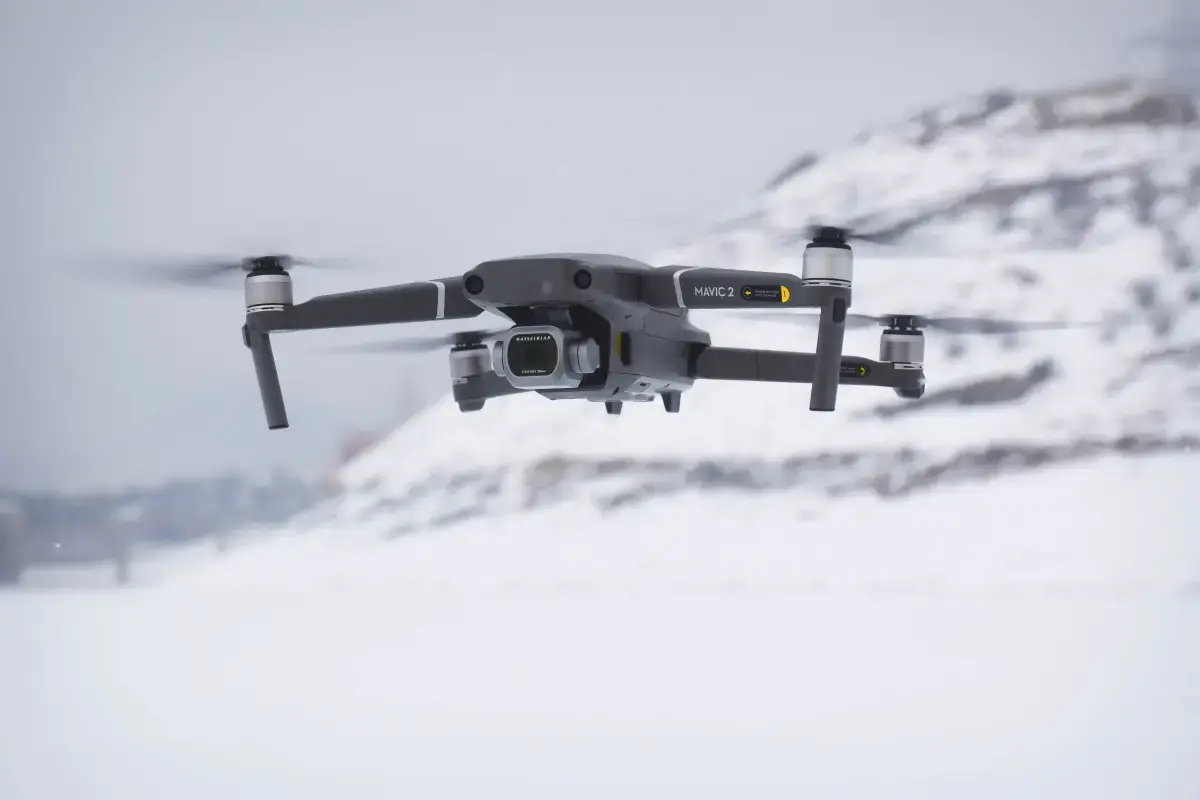
Are Drone Operator roles in demand in 2026?
Drone Operator experts are still in high demand in 2026. If you are an experienced Drone Operator or looking to train and become one. The job market is looking strong for Drone Operator jobs near me.